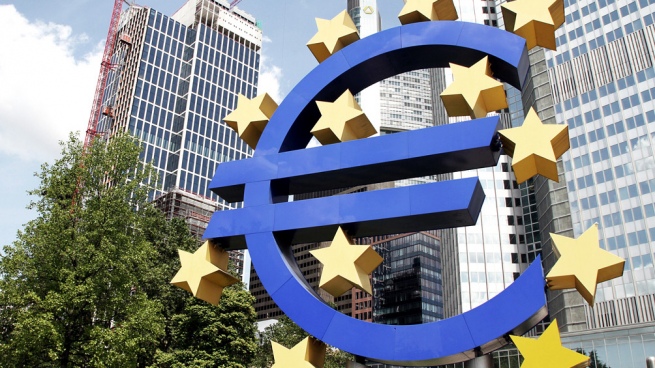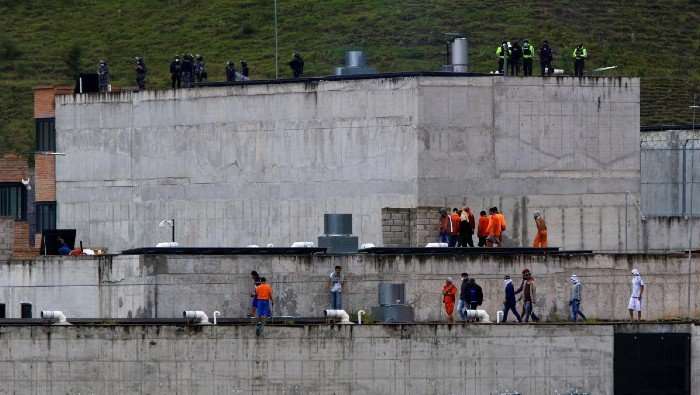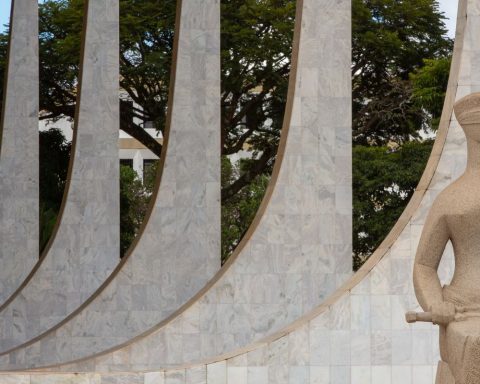The European Central Bank (ECB) will launch on Thursday the plan to deal with rising inflation and would raise interest rates for the first time in 11 years, in a context in which analysts stress the need for measures to be of greater force, similar to those that the Federal Reserve (Fed) of the United States has been applying.
The plan to try to curb the rise in prices was announced in June and consists of an initial increase of 25 basis points, the first since 2011 to date, according to a cable from the AFP agency.
The monetary entity has spent months preparing the end of a period of cheap money, which helped the economy to overcome the crises of recent years.
The weakness of the euro, which this week was below the dollar, it shakes the inflation rate, on the side that imported products that are consumed in the Old Continent become more expensive. This tightening of monetary policy already began in July with the end of new debt purchases in the markets.
The goal is to reduce the money supply in circulation and curb inflation, which last month marked a new record in the euro zone, with 8.6% year-on-year.
The institution based in Frankfurt, Germany, thus joins other central banks, such as the US Fed, which for months have been much more active in the fight against rising prices.
Since eight years ago, the ECB applies a negative deposit rate (-0.50%) to excess liquidity entrusted to him by the banks, with the aim of encouraging them to grant more loans to support activity and bring the inflation rate to 2%, in accordance with his mandate.
This price increase target was unattainable for years but now inflation has skyrocketed due to the post-Covid-19 recovery, supply chain strains and the energy crisis linked to the Russian offensive in Ukraine.
The guardians of the euro, who have long claimed that this rise in inflation was temporary, have had to admit that they underestimated it.
The 25 basis point rate hike seems “a hesitant reaction given sky-high inflation rates”said Ulrike Kastens, an economist at DWS bank. An increase of 50 basis points “would already be justified,” said Jörg Krämer, an economist at Commerzbank.
Some “hawks” of the Governing Council of the ECB are also in favor of taking more drastic measures but the majority supports “a first proportionate step” so as not to alter the markets.
Experts give as an example the decisions taken by the US Federal Reserve, which have already given signs that they are willing to raise the interest rate to levels that could have repercussions on economic activity, in order to maintain an aggressive focus on the monetary policy to lower inflation.
In addition, they foresee that the objective of the FED is to limit growth until concrete evidence is seen that inflation is falling, something that has not yet happened. In the United States, inflation still shows no signs of letting up.
In the middle of last June, the Fed raised the rate by 75 basic points and placed it in the range between 1.5% and 1.75%.
In this way, the entity chaired by Jerome Powell validated an interest rate increase that was the most aggressive since 1994, although it was an expected movement but the market.
The risk for the emerging countries, to a greater or lesser degree, is that the rise in rates causes greater financial risks and a greater devaluation of the currencies of these countries, and Argentina is not exempt from this risk.
Last week the latest data on inflation in the United States was known, which shot up in June and reached a new maximum with an increase in consumer prices of 9.1% year-on-year. This is the highest level in more than 40 years and higher than the figure for the previous month, when an increase of 8.6% year-on-year was recorded.
Much of the increase in June was due to the increase in fuel prices, which have advanced almost 60% so far this year in the wake of the war in Ukraine, the duration and outcome of which are still uncertain.


















